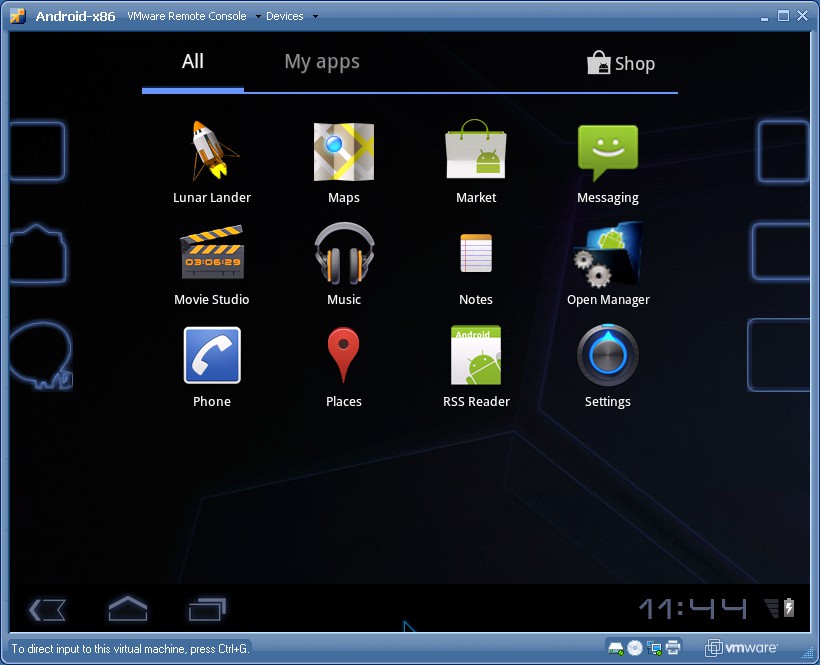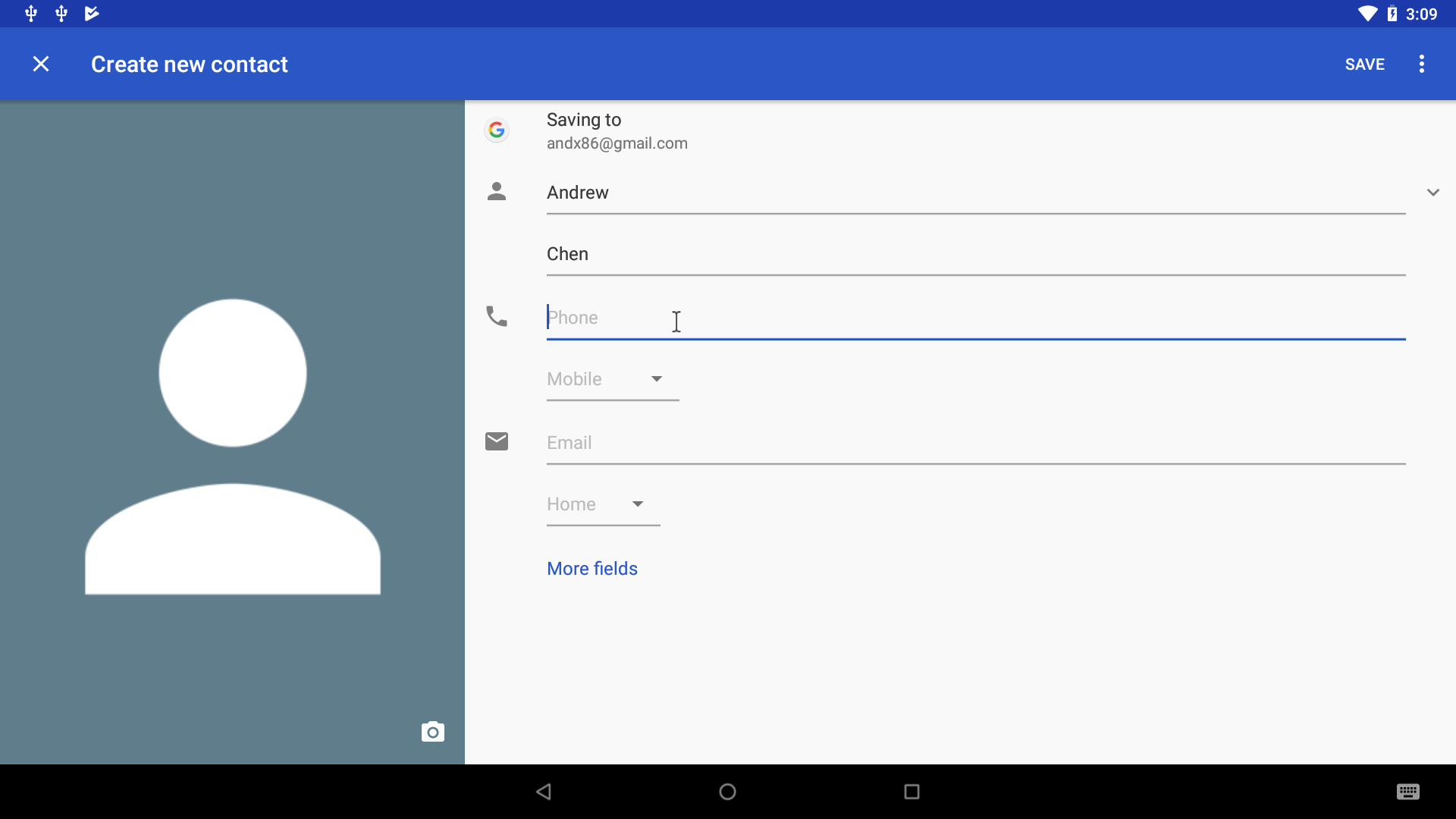WIFIDRIVERMODULENAME:= the name of the network interface that the driver creates, for example wlan0 3. WIFIDRIVERMODULEARG:= any arguments that you want to pass to the driver on insmod, for example nohwcrypt Make sure you copy your kernel module when building android to the correct location. As built in kernel. (4 replies) Hi, i just tested your android for x86, like the fact that is more like tablet than phone, also, i would like to know what are the wifi cards supported, aparently mine is not, it did not detect neither my ethernet nor my wifi, or if there is any configuration i need to do, please let me know, i'm new to this wifi is a broadcom computer is acer extensa 4620z thanks in advance.
The 'intellibook' netbook contains a rtl8192se pci network chip that is not currently included in the android-x86 builds. I could not get a complete self-build image to work so I decided to add the neccessary drivers to the existing release from 20120101. This has the added benefit that the installation contains the google apps, which are not included in the source download. The image can be downloaded from http://www.android-x86.org/releases/build-20120101 (android-x86-4.0-asus_laptop-20120101.iso).
Extract the iso image and the contained squashfs image and mount the contained filesystem image as a loopback device.
In the android-x86 build the boot folder is in a separate location so we move it from the extracted image to repack it later.
In you android-x86 build environment edit device/asus/laptop/laptop_defconfig and apply the following patch:
Build the image
Copy the kernel modules and dependency information to the mounted filesystem image.
Copy the firmware from a local Ubuntu installation.
Unmount the filesystem image and rebuilt the iso.
Modify the image so it is also bootable from an USB stick.
Write the modified iso image to the USB stick connected to /dev/sdb.

I would like to check from my app whether the device has WiFi connectivity, but in order to do that, I must first find a way to get 'WiFi' in the emulator. Just going to Settings -> Wireless controls -> Wifi says Unable to start Wi-Fi, while logcat says:
How can I simulate WiFi connectivity in the emulator?
imz -- Ivan Zakharyaschev
6 Answers
Currently, while you can use your computer's Internet connection in the emulator, it's not reliable to use it for simulating Wi-Fi. The WifiManager gets confused when you switch/want to test your connectivity state.
Even in Android 1.5, there were some problems with it (Issue 2571 - android), and while you can use your Internet for simulating HTTP connections and downloading data, finer control over Wi-Fi connectivity should better be done with a device.
Dimitar DimitrovDimitar DimitrovSince this seems to be a popular question, I'll go ahead and add an updated answer. The SDK still doesn't support WiFi emulation, but Genymotion does WiFi by default, so you can use that to develop/test apps with specific WiFi functionality.
FelixFelixStarting from revision 26.1.3, the Android emulator now supports connecting to WiFi on a Nougat image (API 25).
Added support for Wi-Fi in some system images (currently only API level 25). An access point called 'AndroidWifi' is available and Android automatically connects to it.
Source: https://developer.android.com/studio/releases/emulator.html#26-1-3
You can check the version of your emulator by going into emulator settings (three dots) > Help > About. Also note that if an AVD was created before version 26.1.3 was released, you will have to recreate your AVD. I read somewhere that wiping data might also work, but I did not try that.
In theory, linux (the kernel underlying android) has mac80211_hwsim driver, which simulates WiFi. It can be used to set up several WiFi devices (an acces point, and another WiFi device, and so on), which would make up a WiFi network.
It's useful for testing WiFi programs under linux. Possibly, even under user-mode linux or other isolated virtual 'boxes' with linux.
In theory, this driver could be used for tests in the android systems where you don't have a real WiFi device (or don't want to use it), and also in some kind of android emulators. Perhaps, one can manage to use this driver in android-x86, or--for testing--in android-x86 run in VirtualBox.
imz -- Ivan Zakharyaschevimz -- Ivan ZakharyaschevIf you don't have a real device, I think the best way is installing android-x86 or use it on live usb. There is no diffrences between android and android-x86.
And android-x86 support wi-fi. so you can install your app, and run it.
ocanalocanalAndroid 9 X86
Probably no substitute for testing on a real device, but if you're looking for a good enough test case in the emulator give Fake Wifi Connection a try:
It makes apps think they're on wifi no matter what the underlying connection is.
disclaimer: I wrote this stuff.
It works by intercepting ConnectivityManager / WifiManager calls (uses Xposed). I've tried to cover most of them so it does a pretty good job, nevertheless it's always possible some is missing (if you find something let me know).

Android X86 Ethernet
protected by WillJan 3 '11 at 2:06
Thank you for your interest in this question. Because it has attracted low-quality or spam answers that had to be removed, posting an answer now requires 10 reputation on this site (the association bonus does not count).
Would you like to answer one of these unanswered questions instead?